Do vaccines lead to freedom – or to more lockdown rules? That very question would have seemed bizarre a few weeks ago, when Matt Hancock told this magazine that he’d ‘cry freedom’ when the most vulnerable had been protected. But now, things are swinging the other way. The end of the second wave in Britain (infections and intensive care admissions are down 95 per cent from the peak) has not been followed by reopening. Instead, it’s being used as rationale to continue lockdown for months to come.
The latest is international travel: the freedom to leave the country. As we reach the milestone of over half of UK adults having received at least their first dose of the vaccine (and excess deaths dropping below zero for the first time since August), the government has decided to crack down harder on travel than ever before. The latest iteration of the Coronavirus Act, which MPs will vote on this Thursday, could make international travel under most circumstances illegal until 30 June. From Monday, just showing up at an airport can land you with a £5,000 fine.
The defence of all this is an ultra-strict approach, which in the Prime Minister’s words will ensure an ‘irreversible’ path out of lockdown. The fear, the government says, is variants: strands of the virus that could potentially evade the vaccine which, in the worst-case scenario, would set the UK back to day one of the vaccine rollout. It’s a worrying premise, but at the moment, one based on a hypothetical: so far, studies have not found evidence that variants are swerving the vaccines’ protection against severe disease and death. Yet the risk is simply not worth letting people go on their foreign holidays.
But this is about much more than a week on the beach (not that such trips aren’t well deserved, by a public that’s suffered a surreal year). The ban stops British children, one in four of whom have a foreign-born mother, from seeing relatives overseas. Families are being shattered. What’s worse, attempts to protect the UK’s vaccine success are simultaneously squandering it. The whole point of vaccination is that we did not (as Rishi Sunak put it) have to ‘live in fear.’
It would seem not even the government is convinced by its own narrative. Just look at the activities and lifestyle choices which have been granted exemptions: mainly around the housing market and the nuclear family. Hypothetical variants, they say, are likely enough that a near-ban on travel is necessary, but going to view a second home you’re thinking of purchasing is either immune to, or worth, the risk. People travelling for traditional family-oriented reasons – a wedding, a new-born baby – have permission to do so, but unmarried couples, or those who treat their friends as family, are cut off from loved ones for at least the next three months.
The latest crackdown could also be interpreted as an omission that the Australian-style quarantine measures the government implemented last month for travellers returning from ‘red list’ countries – where infection levels or variants were thought to pose higher risk – don’t work as intended. It’s a controversial policy, designed by countries as they waited for a vaccine (which the UK only brought in after hundreds of thousands of people were being jabbed every day). It is both a considerable financial and emotional burden to people forced to quarantine in a hotel room for ten days. But it had the benefit, we were told, of effectively preventing a new outbreak, especially one linked to a new strain. If so, there should be no need for this new crackdown on travel; for documented approval to prove why you’re leaving, on top of all the Covid documentation you already have to provide on your way back.
This is perhaps the most uncomfortable aspect of the new legislation: that the government isn’t just trying to control who comes into the country, but extending its control over who goes out. If other countries are accepting of visitors, for any variety of reasons, it seems a much deeper infringement on personal liberty that the UK government would stop people from leaving.
This lockdown was justified in January to stop hospitals being overrun. That rationale has now vanished but the restrictions remain: the virus is on the way out, but we are nonetheless in danger of laying the foundations of a modern biosecurity state. The end-point of all this is getting harder to envisage, for reasons that ministers could do a lot more to explain.
Got something to add? Join the discussion and comment below.
Get 10 issues for just $10
Subscribe to The Spectator Australia today for the next 10 magazine issues, plus full online access, for just $10.


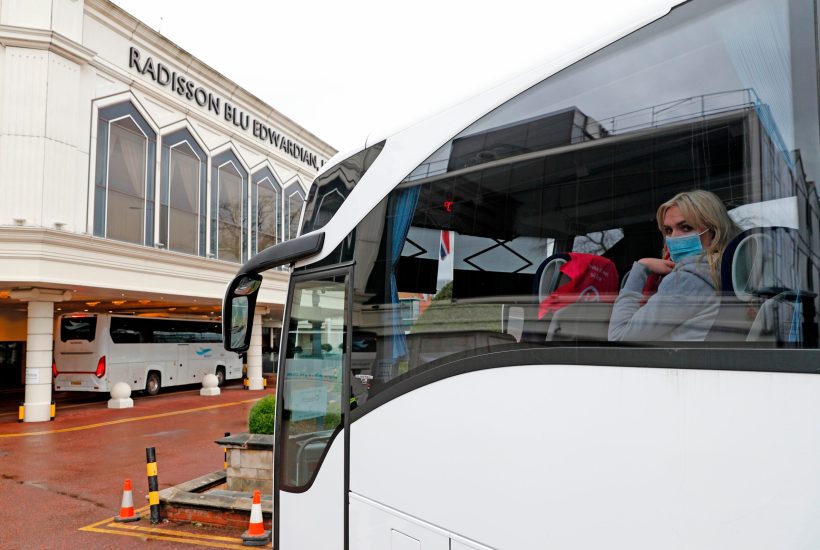

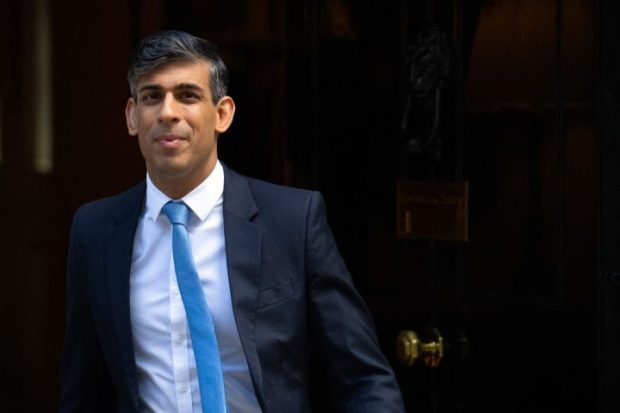
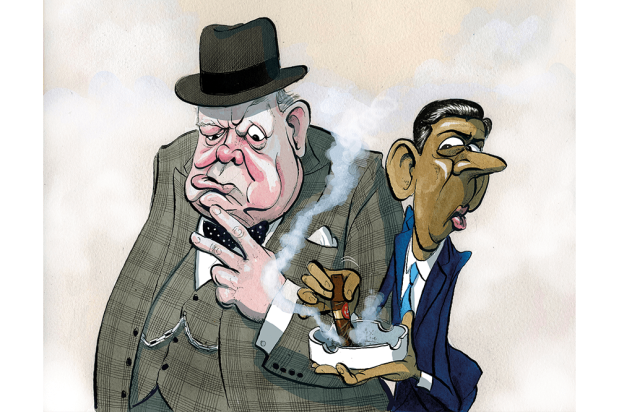
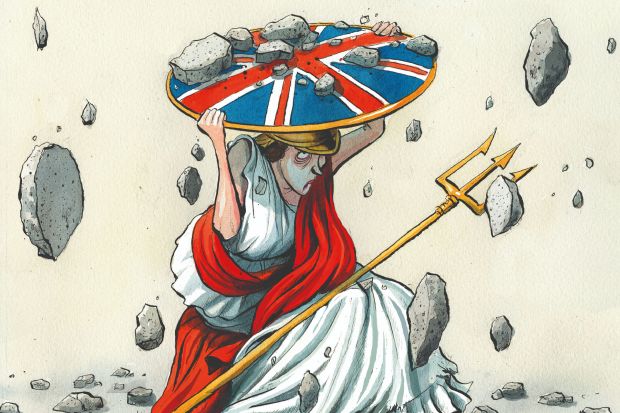

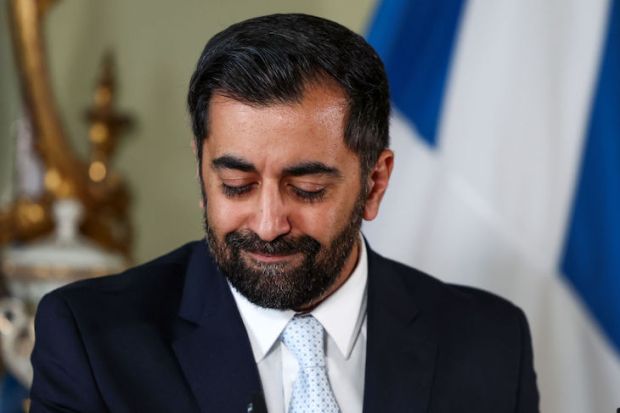












Comments
Don't miss out
Join the conversation with other Spectator Australia readers. Subscribe to leave a comment.
SUBSCRIBEAlready a subscriber? Log in